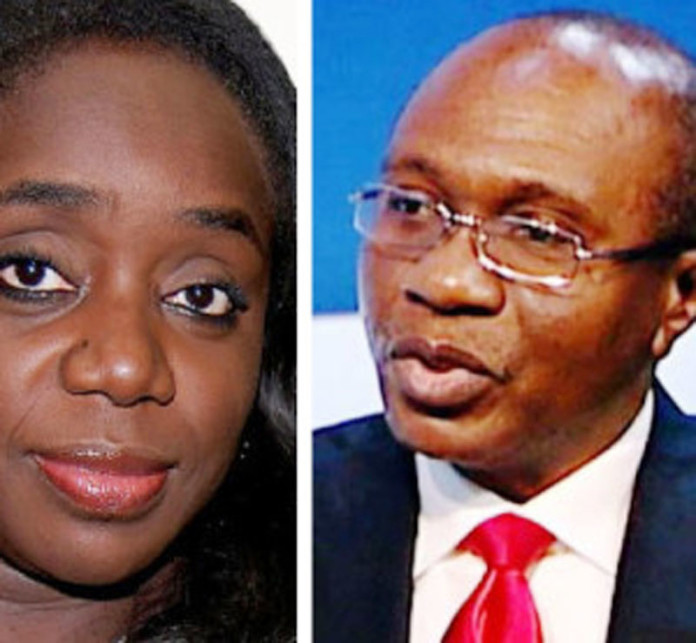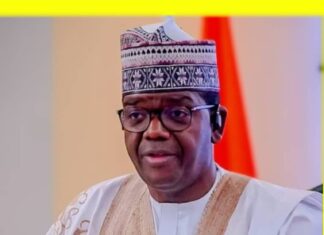By Ishaya Ibrahim
The Central Bank of Nigeria’s (CBN) intervention in the foreign exchange (FX) market has propped up the naira, which fell to a record low of N520 to a U.S. dollar at the parallel market on February 19. Since July 14 the Nigeria currency has appreciated to N365 to a dollar. But the rally may not last long because crude oil price has started to decline. It fell below $50 per barrel (pb) since May.
Nigeria’s external reserve has already started plunging from $30.99 billion in May to $30.22 billion in June.
Analysts predict that the trend may affect the CBN’s capacity to further defend the naira.

Source: Aboki FX
The CBN has refused to allow the naira to float for fear that it could worsen inflation which has doubled in one year. Most consumer goods – from tooth pick to refined oil are imported – thereby exacerbating pressure on the scarce dollar earned through sales of crude.
The price of any currency is influenced by financial investors (hot money), corporations, who are involved in international trade and travellers.
“In Nigeria, there are other perspectives that determine the price of foreign currencies – speculation and corruption,” Joseph Amuka, senior lecturer at the Department of Economics, University of Nigeria Nsukka said.
He said that corrupt officials were storing their loot in the dollar knowing that it is a liquid asset with high stability.
He prescribed a solution: “Assuming I were the governor of the CBN working hand in hand with the executive, I will change the domestic currency. Do you know why? If you change it today, all the domestic currency they have stolen will become useless.
“The domestic currency they stored in tanks and buried underground, all of them will become useless. That is a policy option for the Central Bank to carry out. But they lack the political will to do it because most of them are equally in the racket.”
Pita Ochai, an analyst at Development Economics Resources Limited explained that so long there is a differential in the FX market, dubious persons would continue to manipulate the prices of foreign exchange.
“As a manufacturer, if you get allocation of $1 million at N310 to a dollar and resell at N350 at the black market, you would have made N40 million profit within hours. What business would give you that kind of profit? That is why the dollars the CBN has been pumping into the foreign exchange market don’t go into the productive sector of the economy,” Ochai said.
The Financial Times of London also questioned Nigeria’s FX policy in its review of the country’s Economic Recovery and Growth Plan (ERGP)– which unveils the government blueprint on growing the economy.
It noted: “… on whether a shift is in the works that could restore confidence in Nigerian authorities’ management of the currency is not answered by the plan.”
The paper quoted Razia Khan, chief Africa economist at Standard Chartered as also saying: “A lot of attention was focused specifically on whether the plan would endorse foreign exchange liberalisation or not.
“The fact that this has not been made front and centre of the economic recovery plan will disappoint many.”













